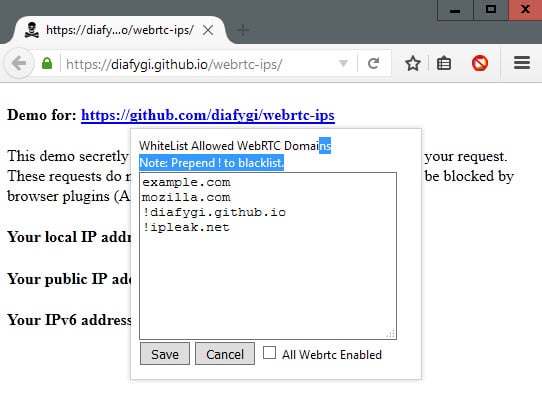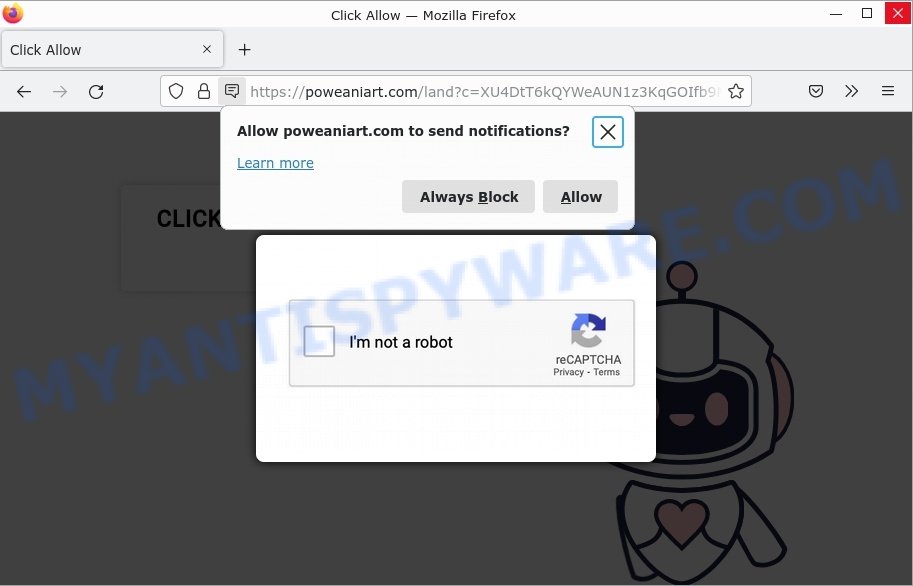

Not that I think this is a bad thing either, because VPN extensions are notoriously non-robust and can’t compete with a system-level VPN, let alone a router-level VPN. And the API for proxies was not promised and will probably never come, as there has hardly been any discussion from Google’s side in the related bug report. I have read this article trying to find new information, but I didn’t find any except “developers have no time for the transition”, which is not entirely accurate because Manifest V2 and Manifest V3 APIs have existed in parallel for quite some time now. Martin, I don’t know exactly what the goal of these articles is really… gHacks has covered Manifest V3 extensively already and we know of the benefits and downsides by now. Similarly, extensions that provide user script functionality, face similar issues, as Google is scrambling to get supported added to Chrome so that developers may start developing and testing their Manifest v3 extensions. While that may be the case, extension developers need time to develop and test the new Manifest v3 version of extensions before they upload it to the Chrome Web Store. Only today, on September 20, did a Chromium project member respond stating that Google was hoping to resolve the issue before January 2023. Opened in 2020, it received a high number of stars to get the attention of Google.

This bug on Chromium highlights that an essential API for proxy extensions is not yet available.

Some of the promised APIs are not available yet, and with the January 2023 deadline approaching fast, some could not even begin the porting. If that is not bad enough, extension developers face issues that are very similar to what Firefox extension developers faced a few years ago.


 0 kommentar(er)
0 kommentar(er)
